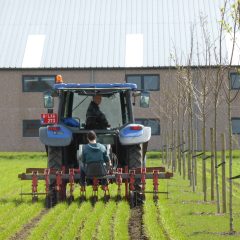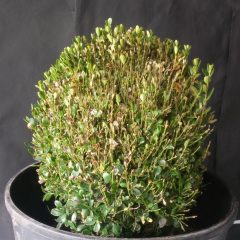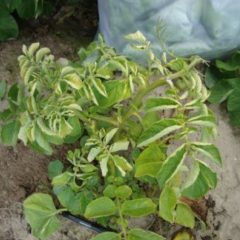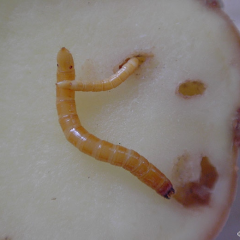Research project Post entry surveillance of the oriental fruit fly, Bactrocera dorsalis, via citizen science and pathway-based trapping

General introduction
The oriental fruit fly, Bactrocera dorsalis, is a tephritid species that mainly thrives in (sub)tropical environments and it is listed as a priority quarantine pest within the European Union. Based on the annual surveys required by the EU for this purpose, cases of B. dorsalis have been documented in the last two years at several sites in EU countries, including Belgium. This research project aims to assist in preventing either B. dorsalis from entering 1) the EU via Belgian trade, and 2) Belgium via spread through the EU.
Research approach
This work entails an optimization of the ongoing monitoring approach of B. dorsalis by the FASFC. How? By adding more traps and/or sampling of extra risk locations, focusing on exotic fruit waste. By using citizen science to enhance B. dorsalis pest monitoring we will increase the volume and quality of the data available for this pathogen. Routes of infected fruit are mapped more accurately by combining genomic analysis of adult B. dorsalis found in Belgium with obtained trade data of high-risk exotic fruit, along with details of their fruit waste management.
Relevance/Valorization
Many aspects of this research are done in close consultation with FASFC; they are therefore the main audience/applicators of the results. Involving citizen scientists is not a goal in itself, but can enhance surveillance capacity and is mainly part of increasing public awareness on Q-pests and B. dorsalis in particular. Questioning the sector is also a way of raising awareness and we organise feedback sessions with them on the most relevant research findings.
Financing
FOD Volksgezondheid, Veiligheid van de voedselketen en Leefmilieu









